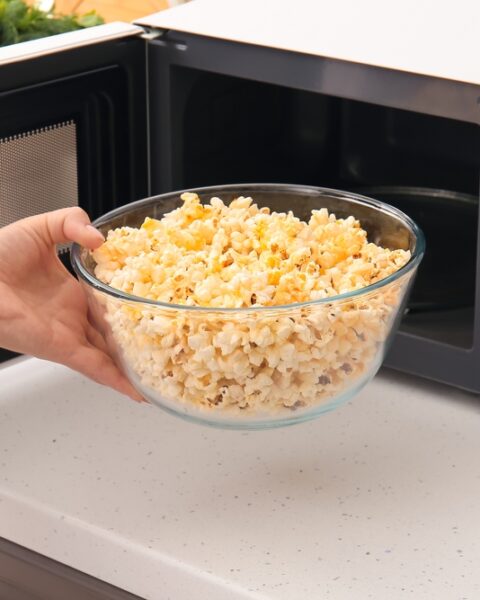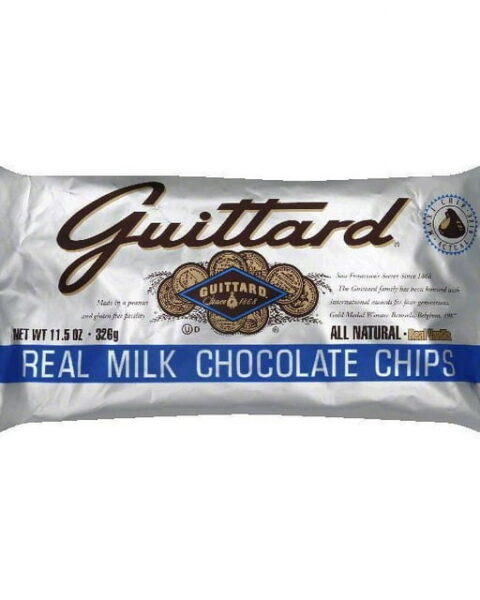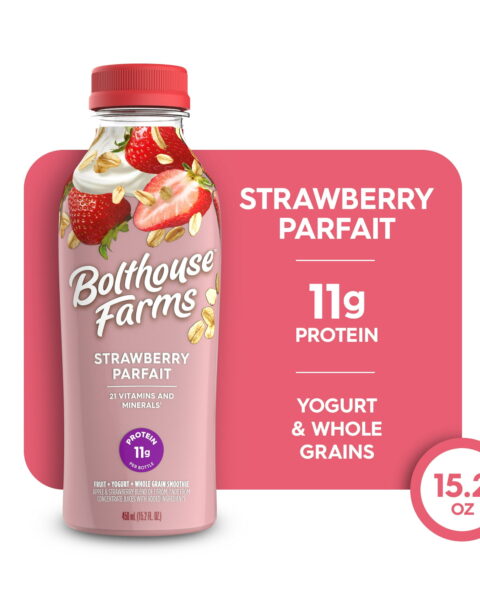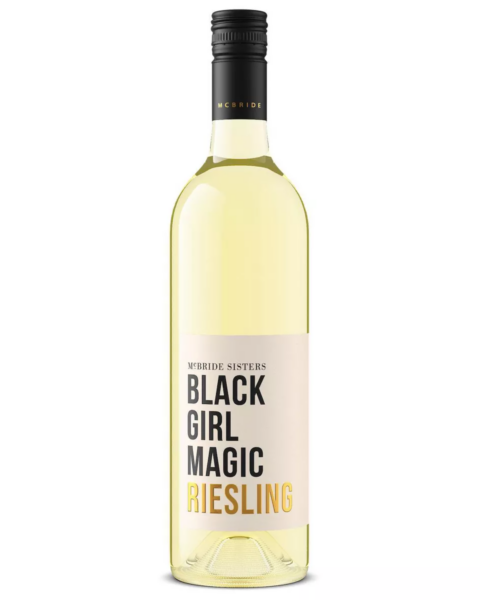Bulk stores are known for offering more products at a lower price, but shopping there requires a bit of planning to truly save money. If you’re not careful, you might end up spending more than expected or buying things you don’t need. The good news is that a few simple strategies can help you avoid these pitfalls. By focusing on essentials and knowing when to take advantage of sales, you can keep your wallet happy.
Contents
- 1 Buy Only What You Need
- 2 Take Advantage of Member Discounts
- 3 Compare Unit Prices
- 4 Split Purchases with Friends or Family
- 5 Use Coupons and Promotions
- 6 Shop During Sales
- 7 Avoid Overbuying Perishables
- 8 Bring Your Own Containers
- 9 Stick to the Basics
- 10 Plan Meals Around Bulk Purchases
- 11 Freeze What You Can’t Use Right Away
- 12 Be Mindful of Expiration Dates
- 13 Shop with a Plan
- 14 More From RetailShout
- 15 24 Fan-Favorite Trader Joe’s Products for a Healthy Lifestyle
- 16 15 Easy Breakfasts to Kickstart Your Day
Buy Only What You Need

While bulk stores offer large quantities, it’s important to focus on buying items you truly need. Purchasing perishables or non-essentials in bulk can lead to waste, which defeats the purpose of saving money. Stick to a shopping list to avoid impulse buys, and make sure you have enough storage space for your purchases. This way, you’ll get the most value without overspending on things that may go bad or clutter your home.
Take Advantage of Member Discounts
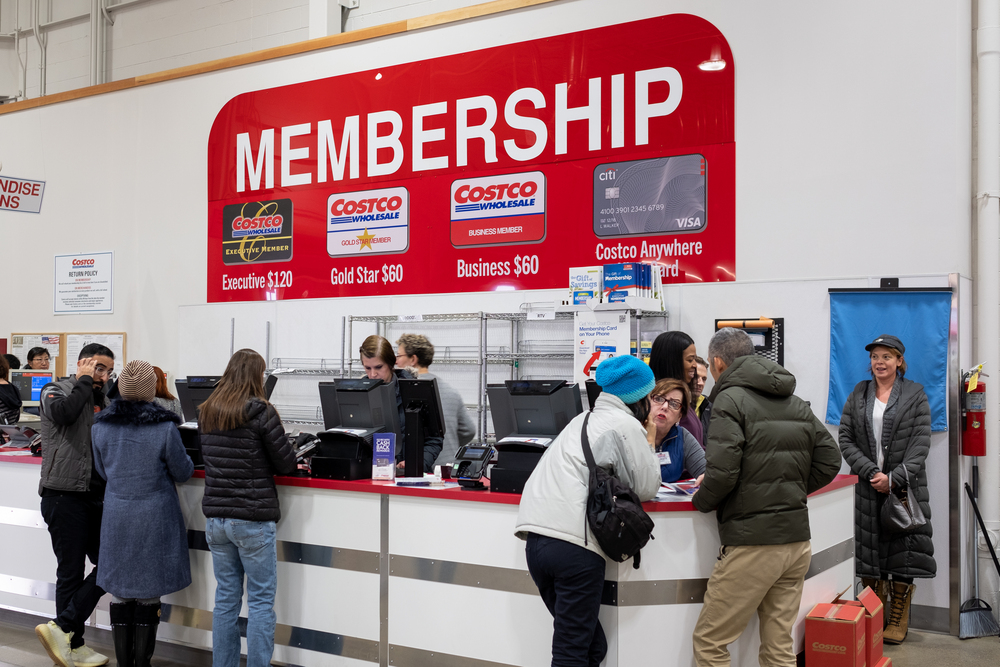
Most bulk stores offer membership programs that come with special deals and discounts. These memberships often provide access to lower prices, coupons, and even gas savings. If you shop at bulk stores frequently, the membership cost can quickly pay for itself. Keep an eye on member-only deals and use the discounts on items you buy regularly. This way, you’ll maximize your savings every time you shop.
Compare Unit Prices
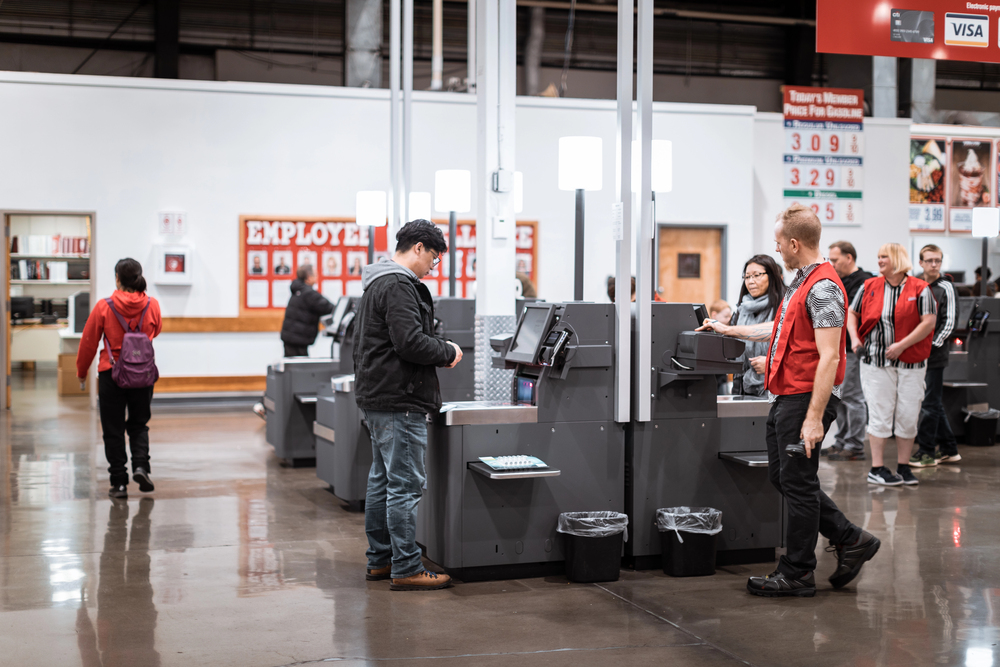
It’s easy to assume everything at a bulk store is a better deal, but that’s not always the case. Be sure to compare the unit price (price per ounce, pound, etc.) of bulk items to those in regular grocery stores. Some items may cost more in bulk than they do in smaller quantities. By checking the unit prices, you’ll know which items are truly a bargain and avoid spending more than necessary.
Split Purchases with Friends or Family
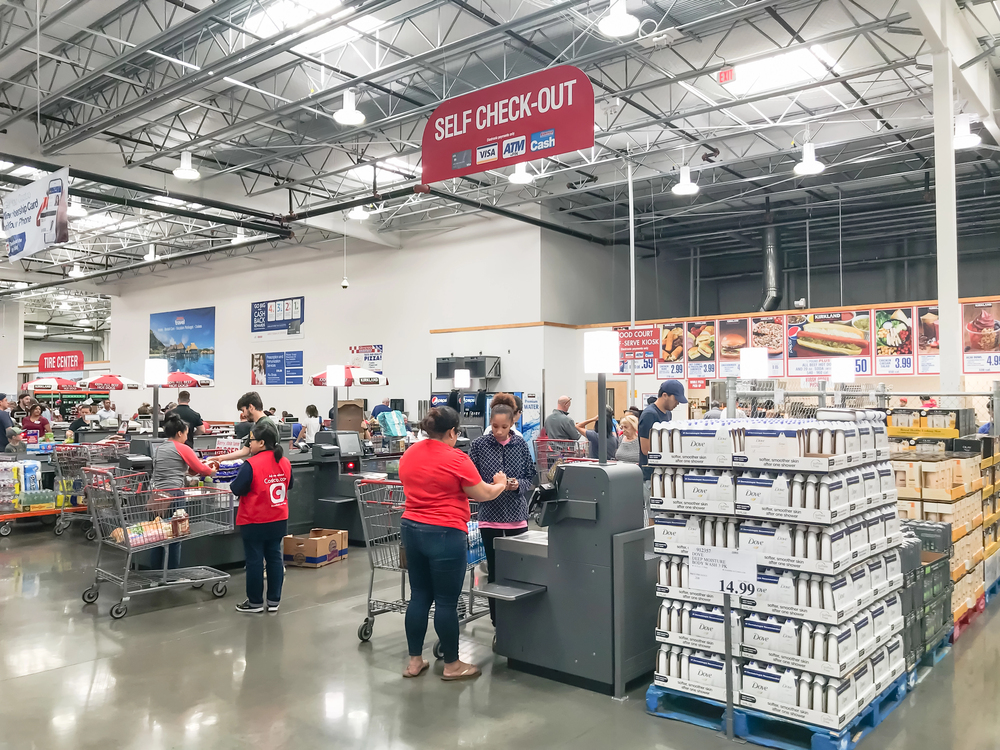
Buying in bulk can sometimes result in more products than you can use. To avoid waste and save even more, consider splitting bulk purchases with friends or family members. This is especially helpful for perishable items that you can’t use before they spoil. Not only does this reduce waste, but it also lets you enjoy the savings without having to store or consume excessive amounts of the same product.
Use Coupons and Promotions
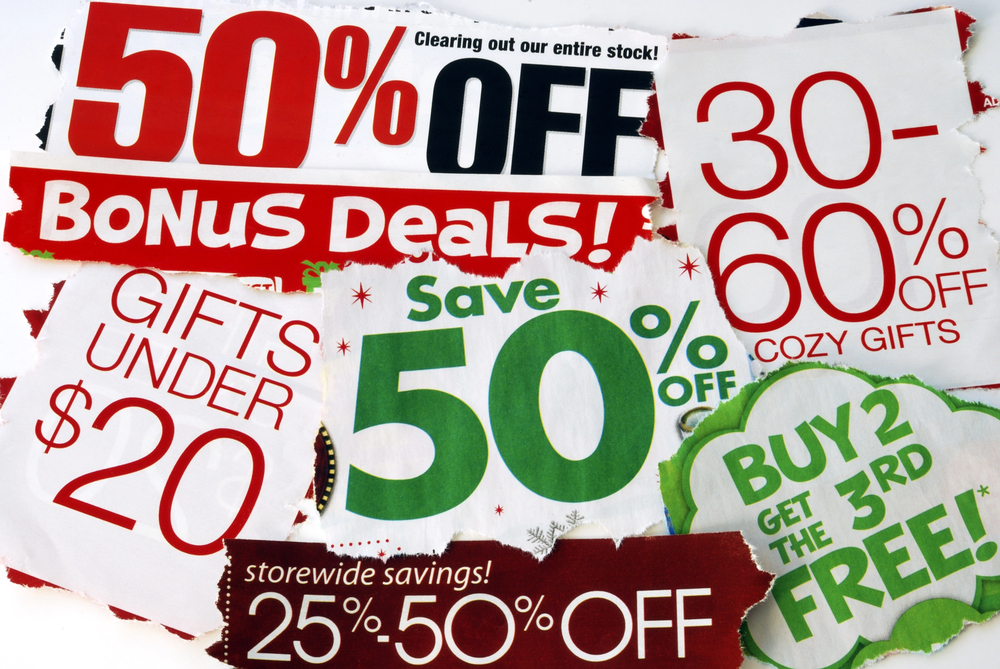
Even at bulk stores, you can find coupons and promotional deals to lower the cost of your purchases. Many stores offer coupons that apply to bulk items, making your savings even greater. Keep an eye on the store’s app, website, or mailer for deals that can be stacked with your membership discounts. Taking a little extra time to search for promotions can add up to big savings on each trip.
Shop During Sales
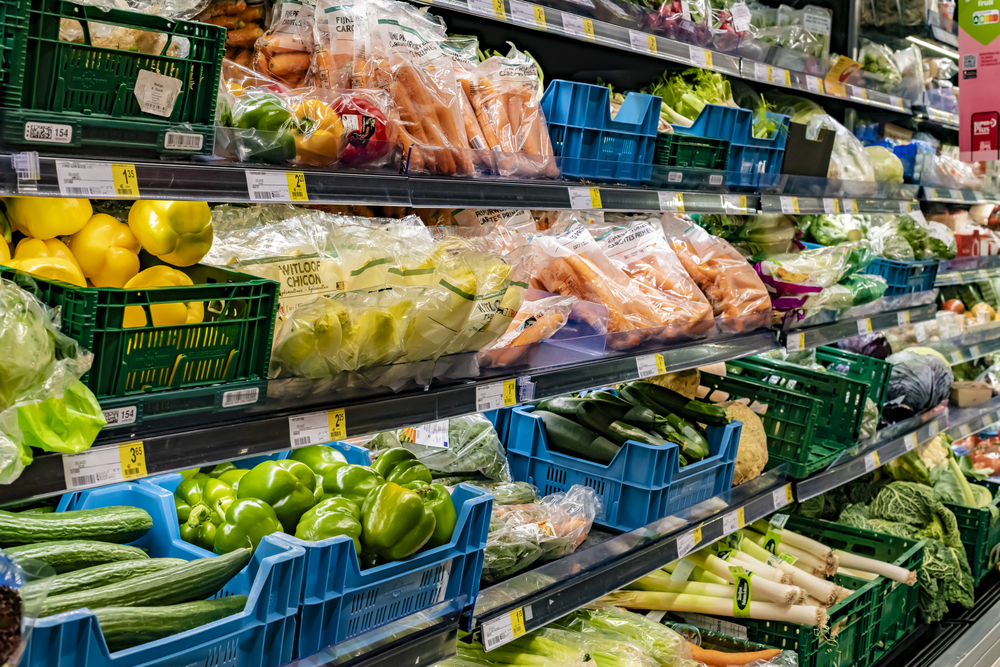
Just like regular grocery stores, bulk stores have sales on certain products throughout the year. Timing your shopping around these sales can lead to significant savings, especially on high-priced items. Stock up on essentials like paper goods or cleaning supplies when they go on sale, ensuring you won’t need to buy them again at full price for a while. Planning your shopping trips around sales events helps you save more over time.
Avoid Overbuying Perishables
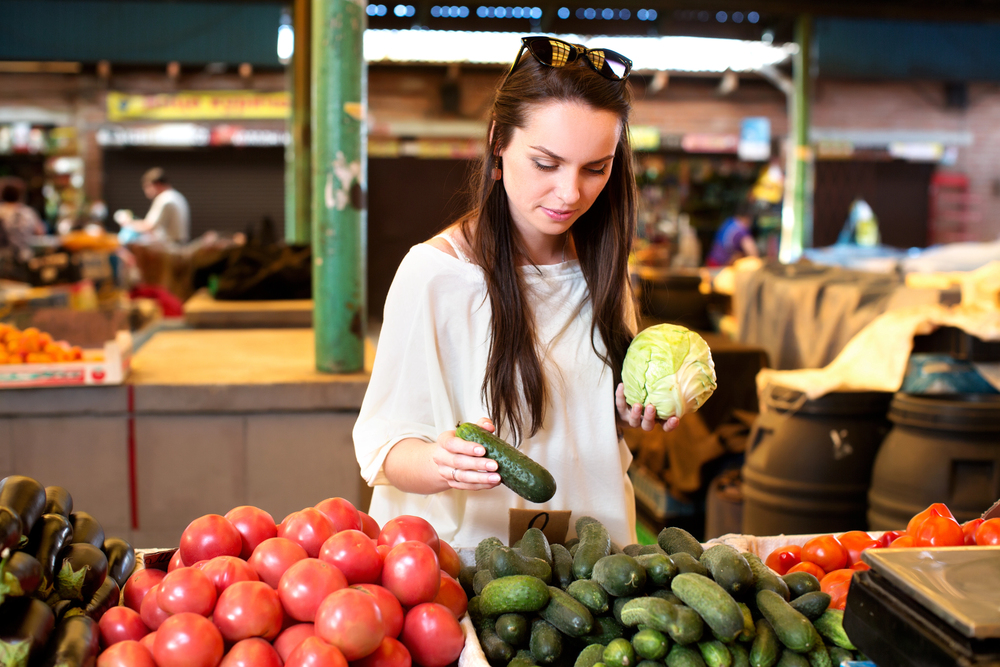
While it’s tempting to buy fresh fruits, vegetables, or dairy products in bulk, they may go bad before you have a chance to use them. Instead, stick to non-perishable items when buying in large quantities. For perishables, consider freezing them or buying only what you can reasonably consume before their expiration date. This prevents waste and ensures you get your money’s worth.
Bring Your Own Containers
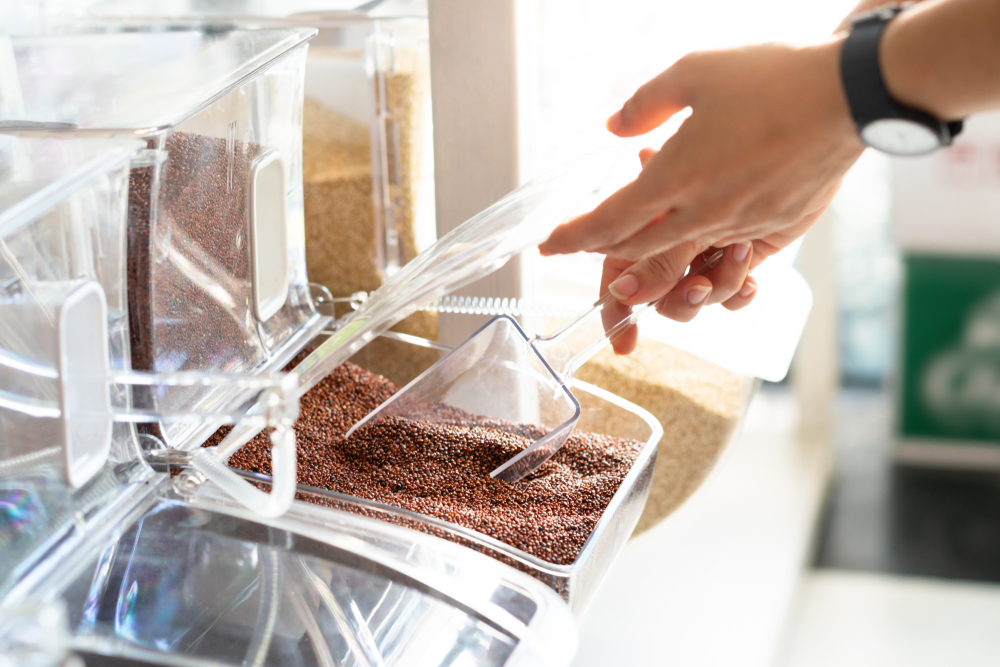
Some bulk stores allow you to bring your own containers for items sold by weight, like grains, nuts, or spices. By using your own containers, you can buy exactly the amount you need, which helps prevent waste and overspending. It’s also an eco-friendly way to reduce packaging waste. Be sure to check with your store for their policies on using reusable containers.
Stick to the Basics
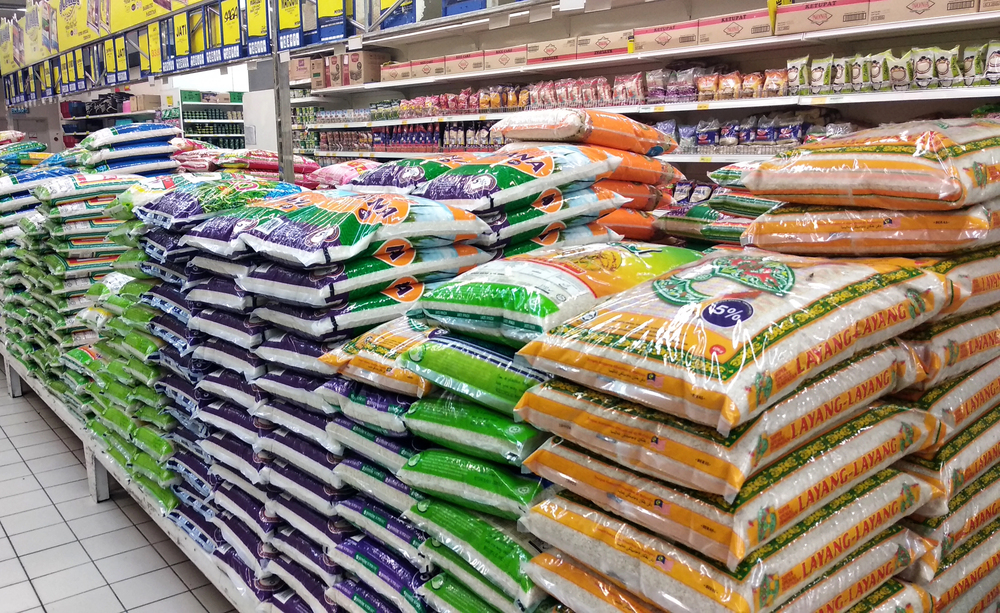
It’s easy to get distracted by all the tempting products in a bulk store, but sticking to basic, everyday essentials will help you save the most money. Focus on pantry staples like rice, pasta, canned goods, and household items you use regularly. By buying these basic items in bulk, you’ll save on things you already need, rather than spending extra on specialty items you may not use often.
Plan Meals Around Bulk Purchases

When you buy large quantities of food, it’s important to plan your meals around those items to avoid waste. For example, if you purchase a bulk pack of chicken, plan several meals that include chicken to ensure it gets used up before it spoils. This strategy not only helps you avoid waste but also keeps your grocery bill low by reducing the need for additional shopping trips.
Freeze What You Can’t Use Right Away
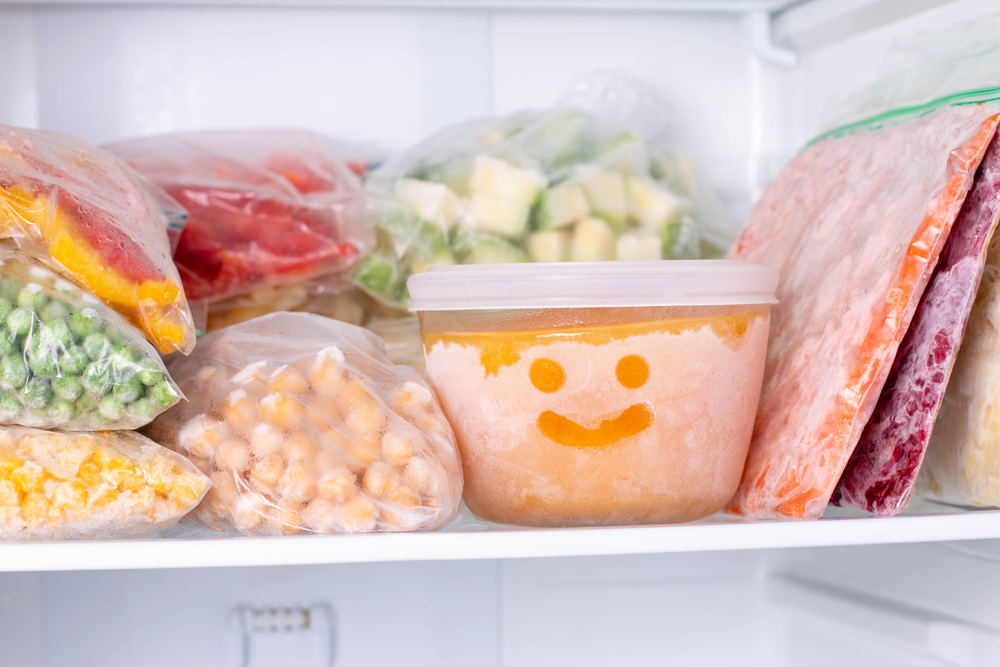
Freezing perishable items is a great way to extend their shelf life and ensure you can use them later. If you buy large quantities of meat, vegetables, or bread, freezing them in portions can help you avoid waste and make meal prep easier. Just make sure you have enough freezer space before you make a large purchase. This way, you can stock up during sales without worrying about food going bad.
Be Mindful of Expiration Dates
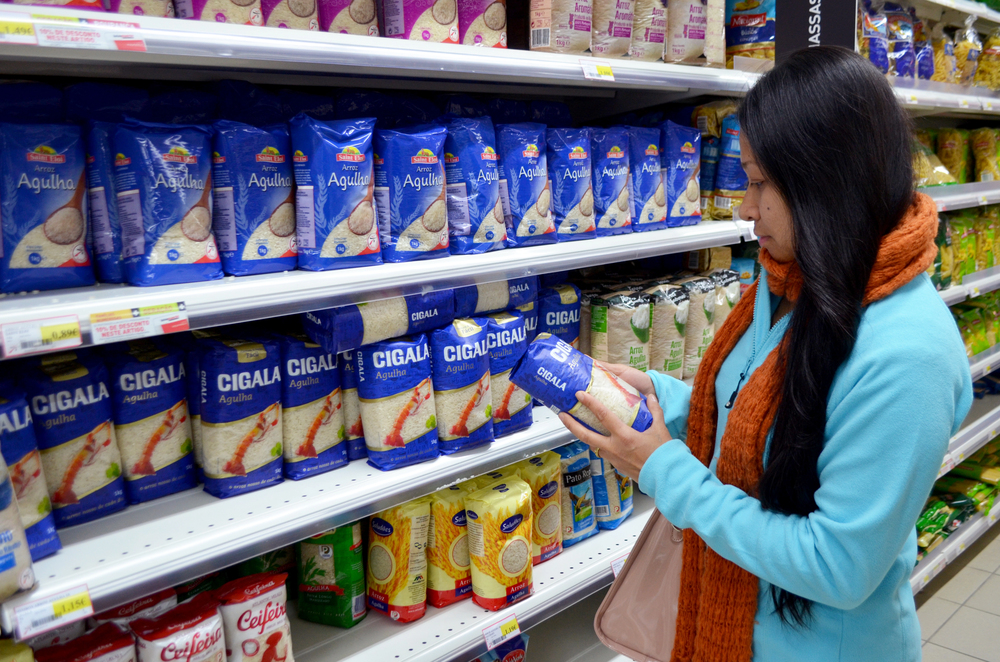
When shopping in bulk, always check the expiration dates on items, especially non-perishables like snacks, canned goods, and cleaning supplies. Make sure you’ll be able to use the products before they expire, or else you’ll end up wasting money. It’s easy to overlook expiration dates when buying in large quantities, but being mindful of them helps you avoid unnecessary waste.
Shop with a Plan

Going into a bulk store without a clear plan can lead to overspending. Create a shopping list of the items you need and stick to it. This will help you avoid impulse buys that can quickly add up. By having a focused plan, you’ll ensure that your purchases align with your budget and avoid unnecessary spending on things you don’t need.
This article originally appeared on RetailShout.
More From RetailShout
29 Delicious and Affordable Meals You’ll Love

Finding delicious meals on a tight budget doesn’t have to be hard. From hearty soups and stews to quick stir-fries and comforting pasta dishes, this list has got something for everyone. Read More.
24 Fan-Favorite Trader Joe’s Products for a Healthy Lifestyle
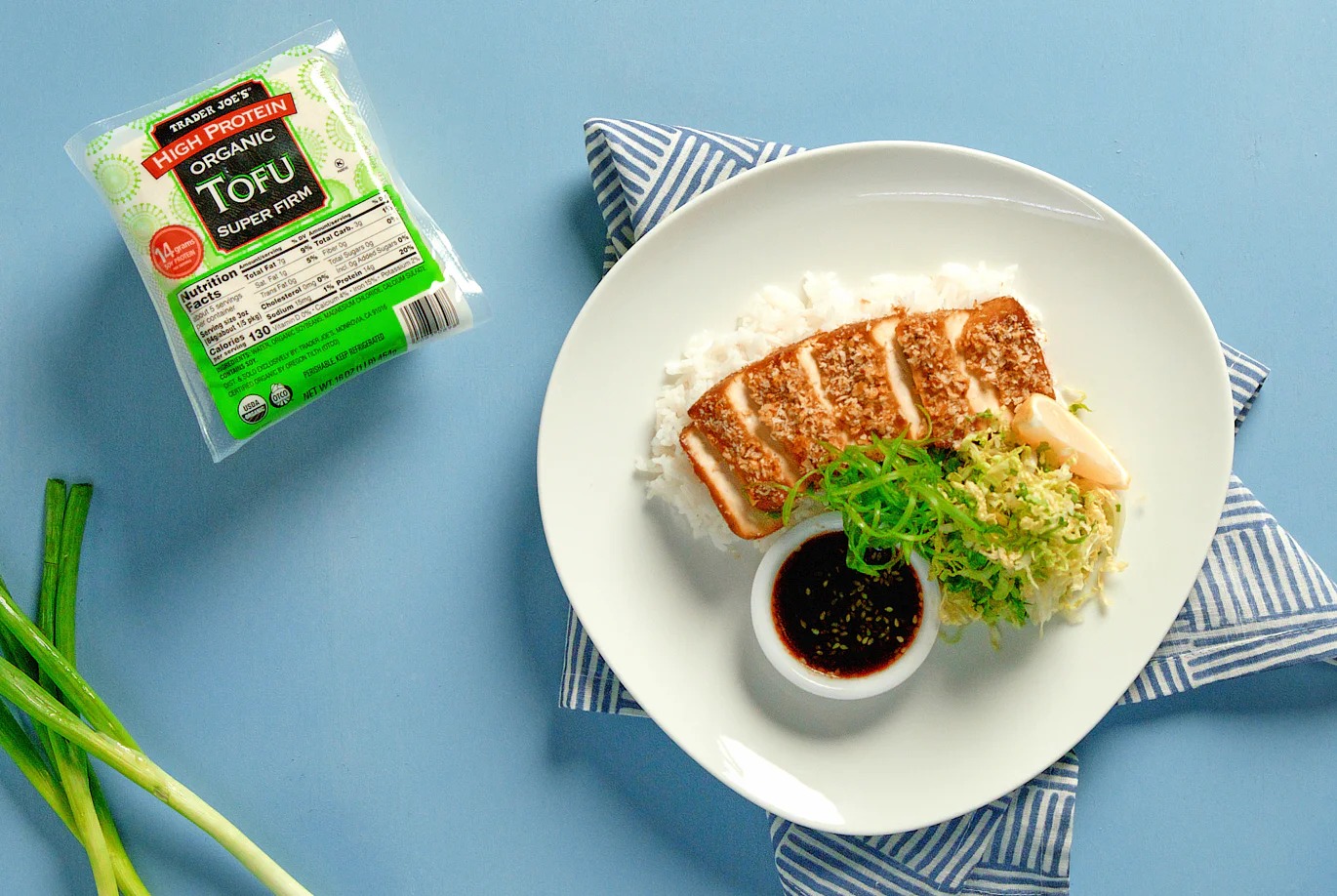
Finding healthy options at the grocery store can feel like a treasure hunt, especially when you want something tasty and nutritious. Trader Joe’s is a goldmine for such finds, offering a wide range of products that not only fit into a healthy lifestyle but also pack a punch in the flavor department. Read More.
15 Easy Breakfasts to Kickstart Your Day

Breakfast is often called the most important meal of the day and for a good reason. It fuels your body and mind, helping you tackle whatever lies ahead. Whether you’re looking for something quick or a dish you can enjoy slowly, these easy breakfasts will make sure your day starts on the right note. Read More.

